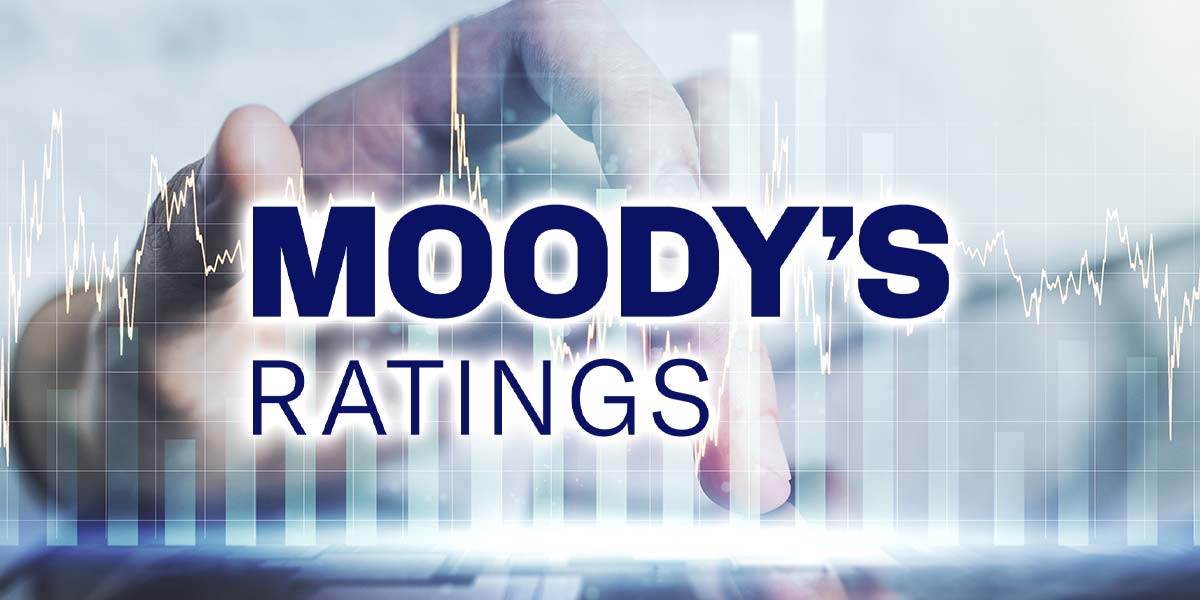Moody’s Ratings has downgraded the outlook of seven Thai banks from “Stable” to “Negative,” following the earlier change in outlook of the Government of Thailand to “Negative” as well.
The earlier move in changing Thailand’s credit outlook did not impact investors sentiment, reflecting through a 2.23% gain in the Thai bourse.
The new revision of Moody’s Ratings on Thai banks are as follows:
Moody’s Ratings (Moody’s) has today changed the outlooks on seven Thai financial institutions to negative from stable. This includes Bangkok Bank Public Company Limited (SET: BBL), Export-Import Bank of Thailand (EXIMT), KASIKORNBANK Public Company Limited (SET: KBANK), Krung Thai Bank Public Company Limited (SET: KTB), Siam Commercial Bank Public Company Limited (SCB), SCB X Public Company Limited (SET: SCB) and TMBThanachart Bank Public Company Limited (SET: TTB).
This rating action follows the change in outlook to negative on the Government of Thailand. For further information on the latter, please refer to our press release published on 29 April 2025.
We have affirmed their issuer ratings, senior unsecured ratings, deposit ratings, Counterparty Risk Ratings (CRRs) and Counterparty Risk (CR) Assessments, where applicable. BBL’s Baseline Credit Assessment (BCA) and Adjusted BCA, subordinated medium-term note (MTN) program rating and preferred stock non-cumulative MTN program rating were also affirmed.
In addition, we have affirmed the A2 long-term CRRs and A2(cr) long-term CR Assessments of Bank of Ayudhya Public Company Limited (BAY) and United Overseas Bank (Thai) Public Co Ltd (UOBT).
RATINGS RATIONALE
The rating action is driven by the change in outlook on Thailand’s Baa1 sovereign rating to negative from stable, reflecting increasing risks of a further weakening in Thailand’s economic and fiscal strength, amid the new US tariffs and heightened global uncertainty. A deteriorating macroeconomic backdrop could weigh on the credit profiles of Thai banks, which have already been struggling with loan growth and asset quality issues exacerbated by the coronavirus pandemic. It would also weaken the Thai government’s capacity to support the banks when required.
If Thailand’s sovereign rating is downgraded, it would lead to rating downgrades for the seven Thai financial institutions mentioned above, given that their long-term deposit and/or issuer ratings include government support uplift and/or are now the same as the sovereign rating. A sovereign downgrade would also lead to downgrades of BBL’s baa1 BCA and Adjusted BCA, as well as its subordinated debt and preferred stock non-cumulative ratings, which are notched down from its Adjusted BCA. Although the ratings of BAY and UOBT do not benefit from government support uplift, their A2 long-term CRRs and A2(cr) long-term CR Assessments, which incorporate uplift from their foreign parents, would be affected too.
Meanwhile, the affirmation of BBL’s Baa1 long-term ratings and baa1 BCA reflects the bank’s conservative risk culture, focus on corporate banking and sizable geographical diversification outside of Thailand, which will mitigate asset risks arising from the macroeconomic challenges at home.
FACTORS THAT COULD LEAD TO AN UPGRADE OR DOWNGRADE OF THE RATINGS
BBL, EXIMT, KBank, KTB, TTB, SCB and SCBX
We would downgrade their long-term deposit and/or issuer ratings if Thailand’s sovereign rating is downgraded. Their ratings would also be under downward pressure if there is a material weakening in their standalone creditworthiness or a significant deterioration in the domestic operating environment for banks.
An upgrade of their long-term deposit and/or issuer ratings is unlikely given their negative outlooks. However, we would change their outlooks back to stable if Thailand’s sovereign rating is affirmed at Baa1 and the outlook is revised back to stable.
BAY and UOBT
We would downgrade their long-term CRRs and CR Assessments if Thailand’s sovereign rating is downgraded or if their respective parents’ capacity to provide support weakens materially. Their long-term CRRs and CR Assessments would also be under downward pressure if there is a material weakening in their standalone creditworthiness or a significant deterioration in the domestic operating environment for banks.
An upgrade of their long-term CRRs and CR Assessments is unlikely given that they are constrained at no more than two notches above Thailand’s sovereign rating.





